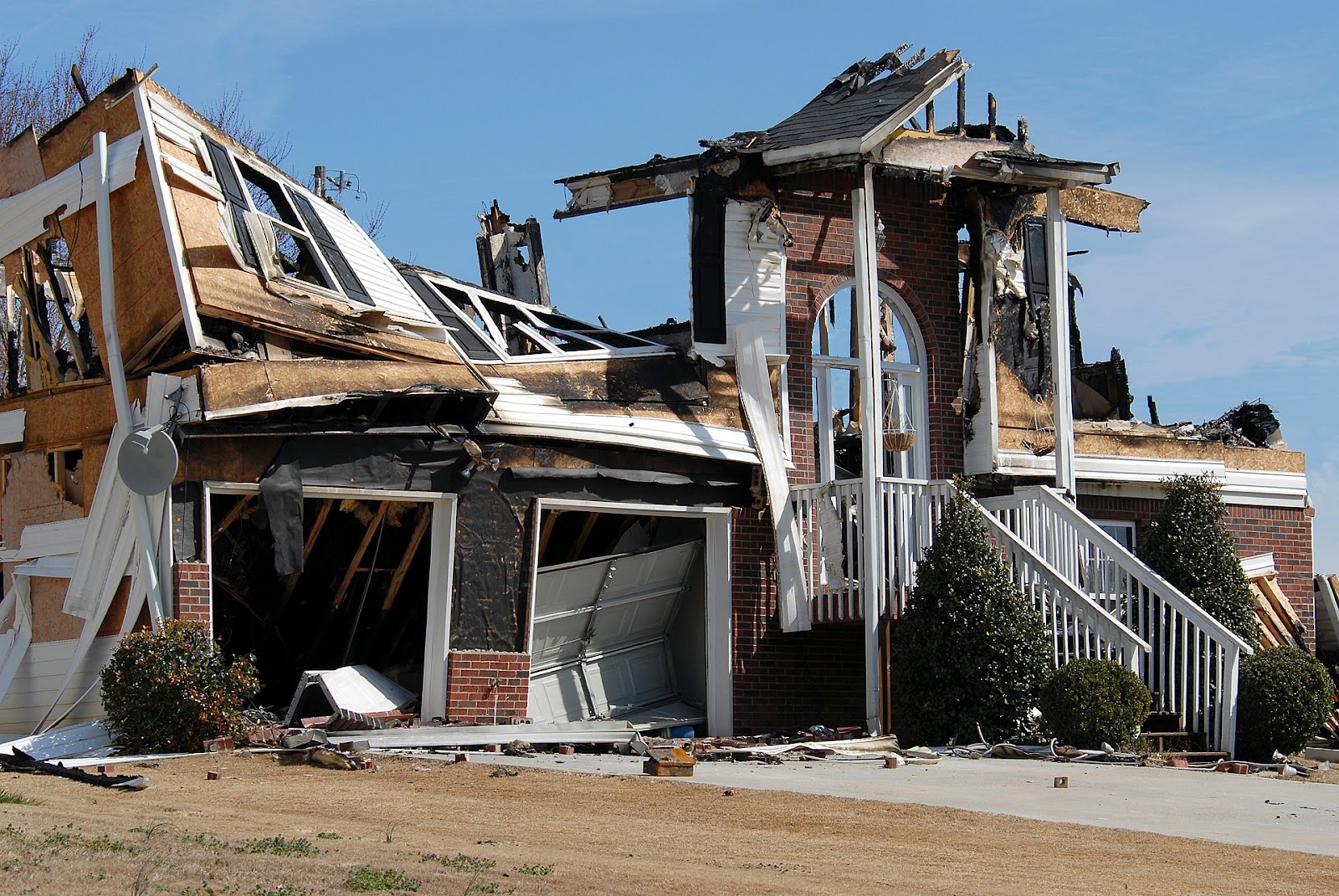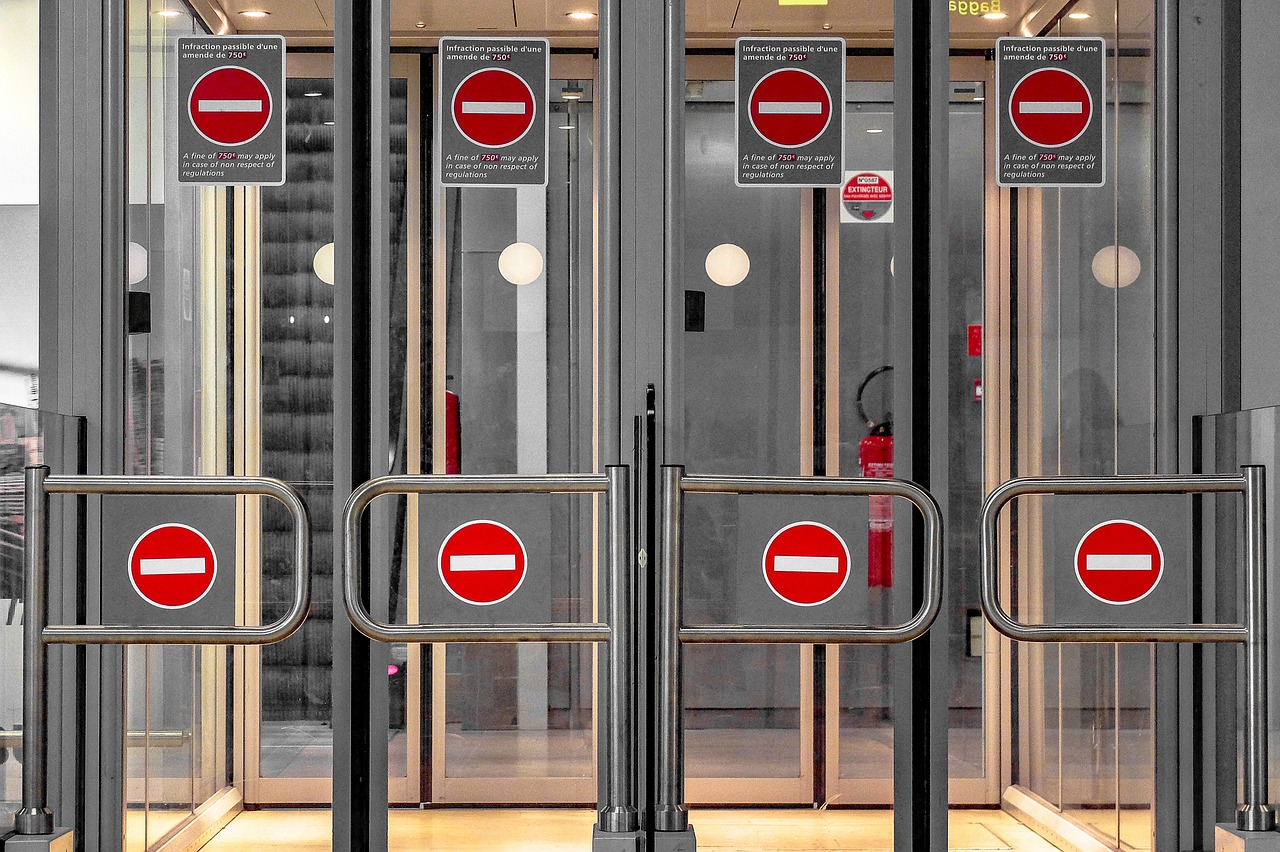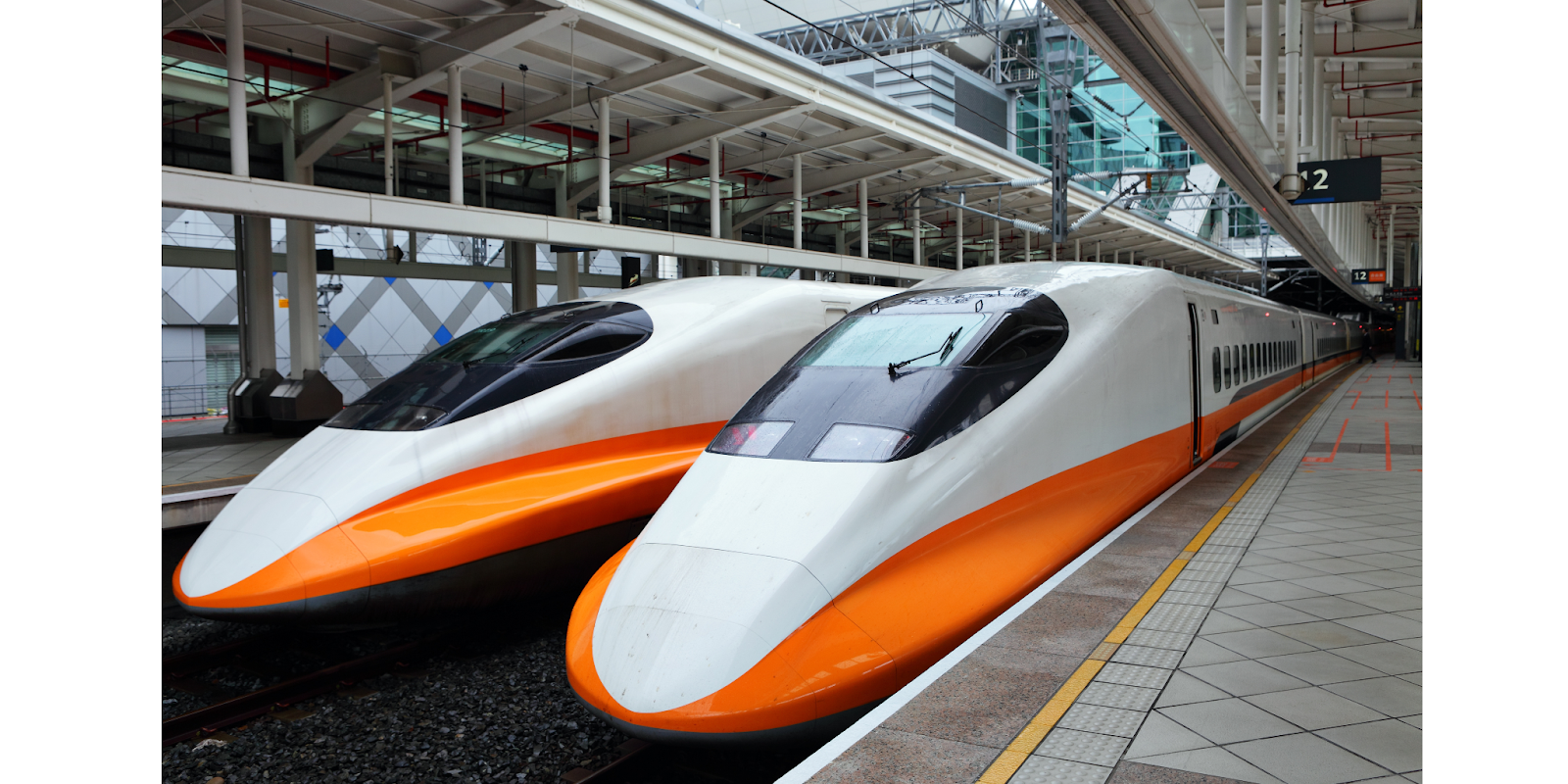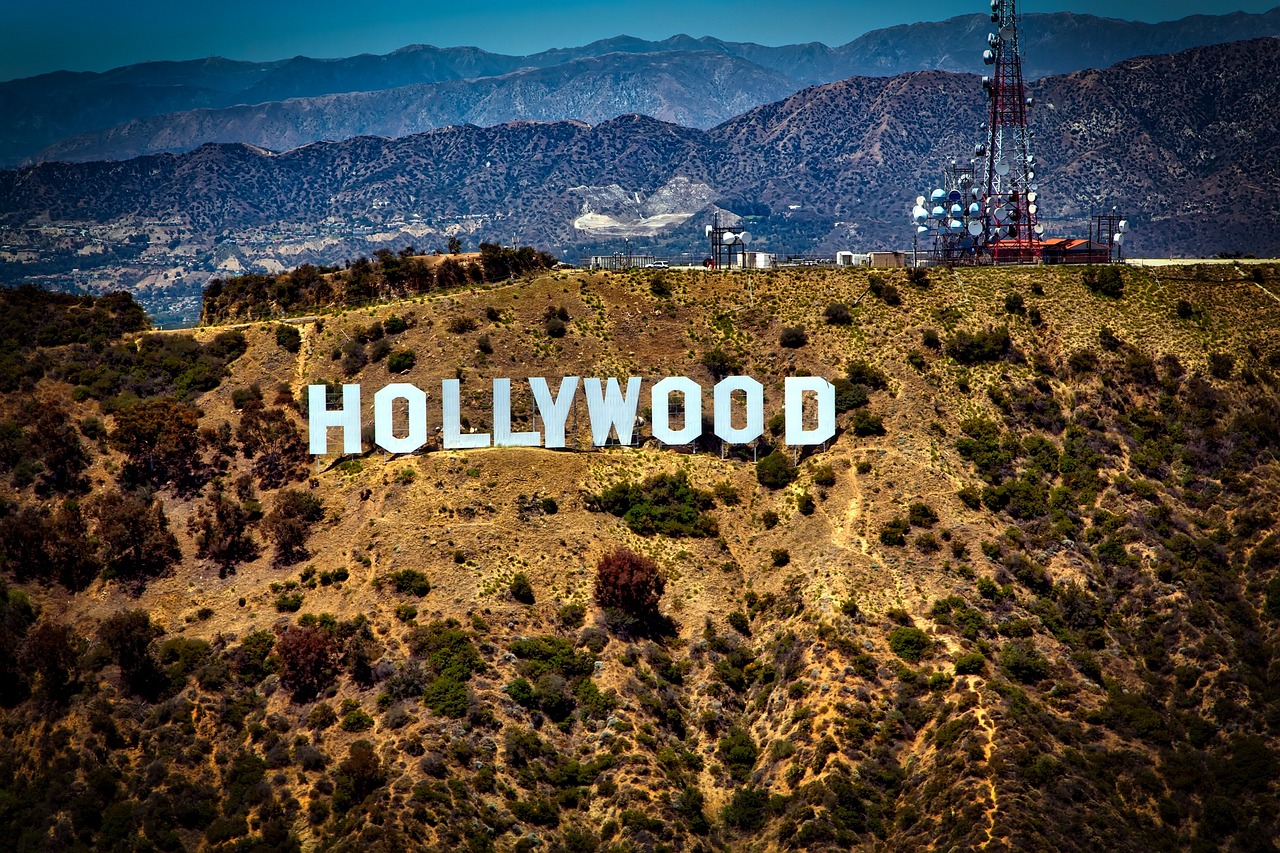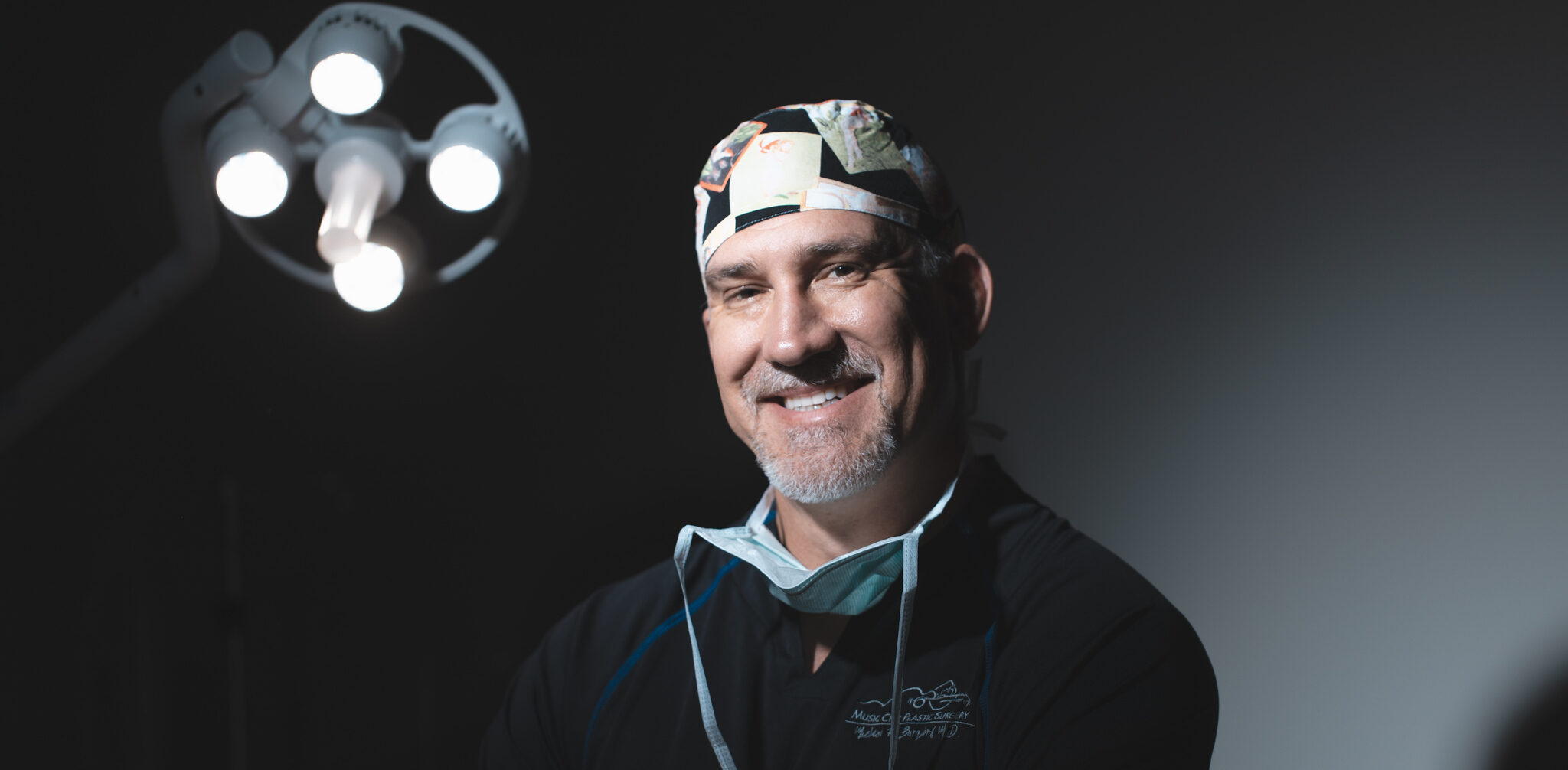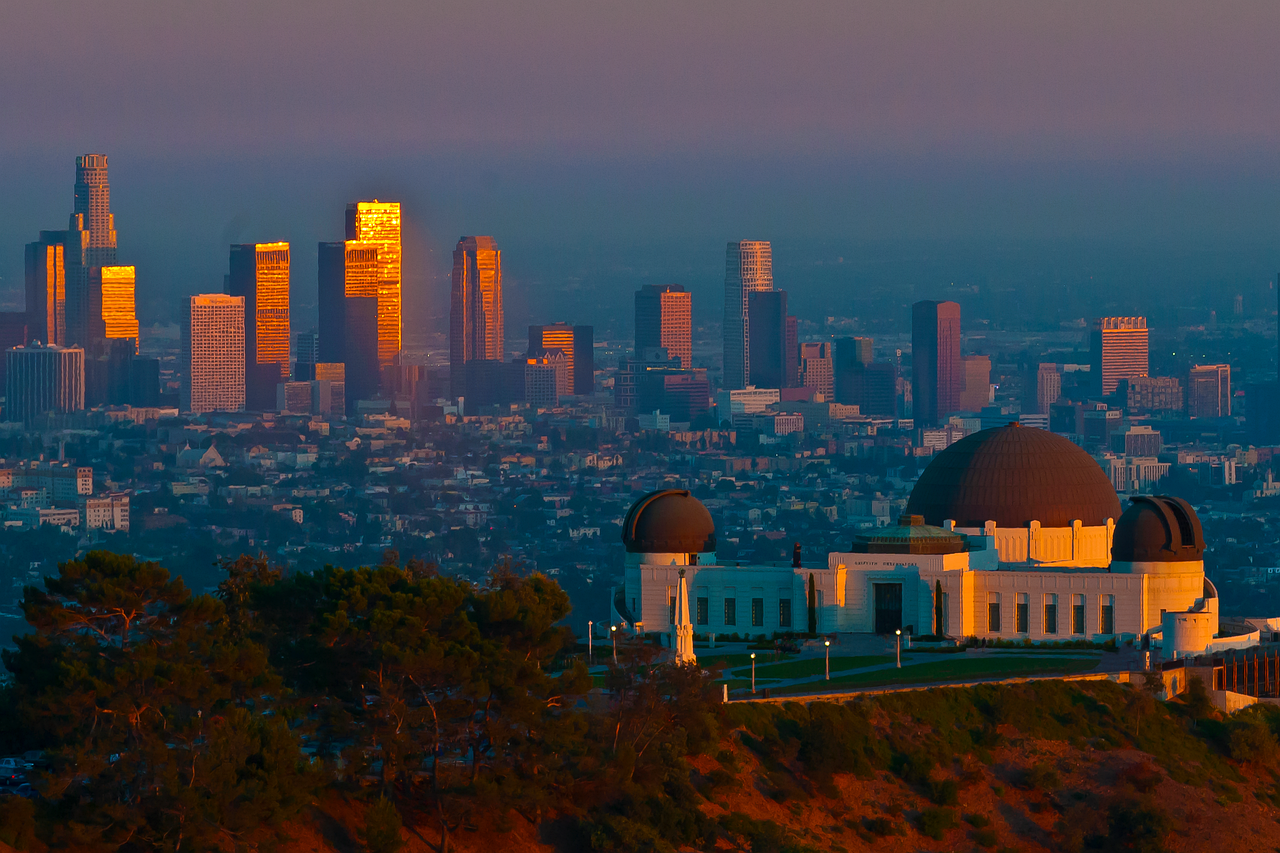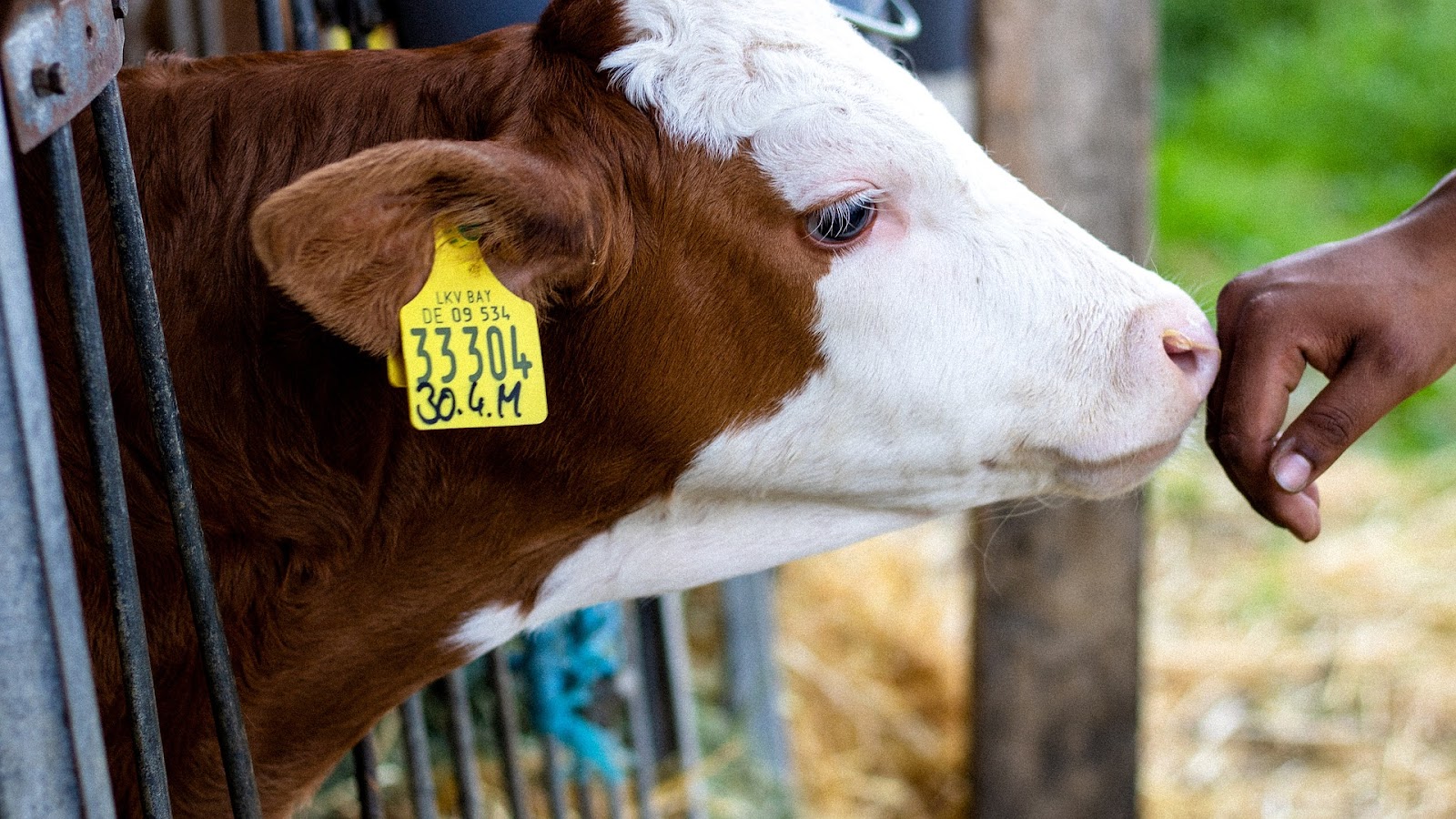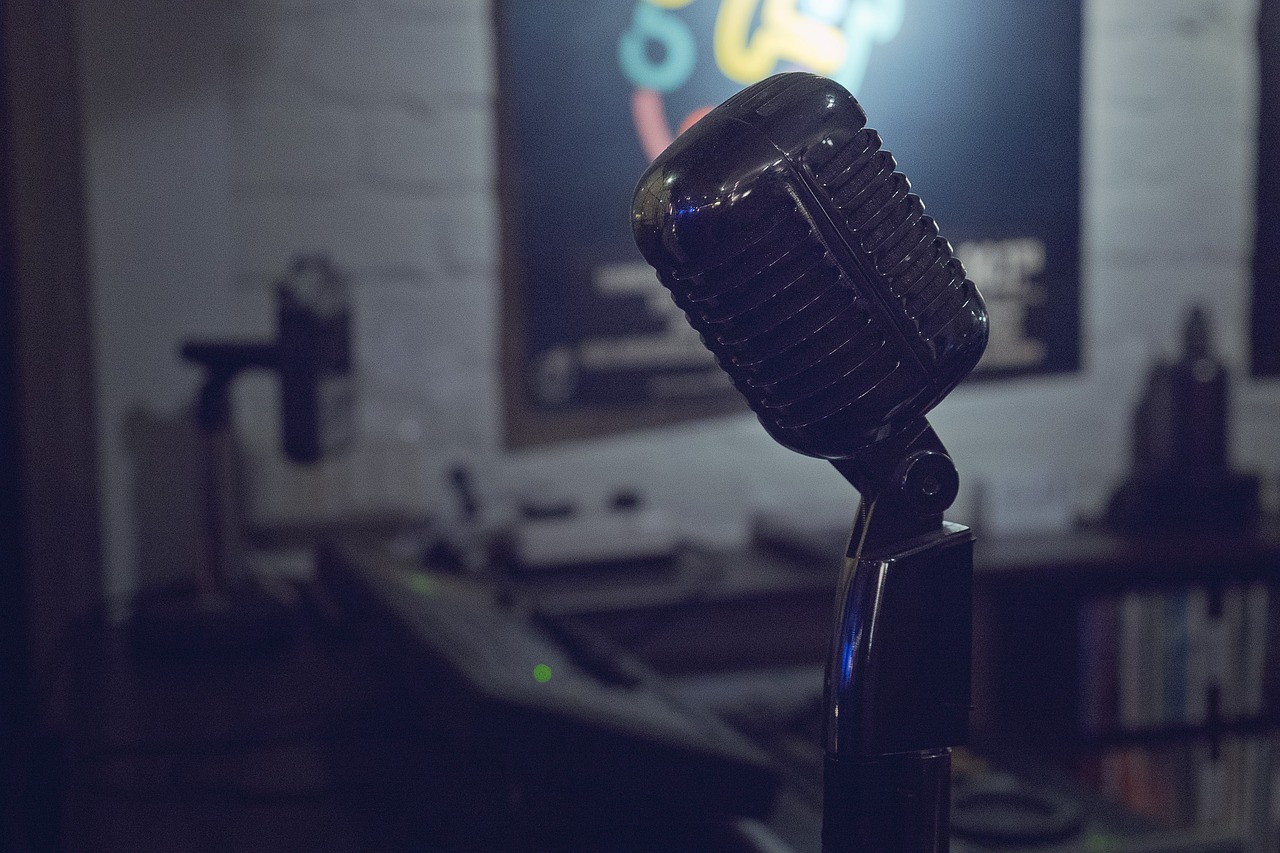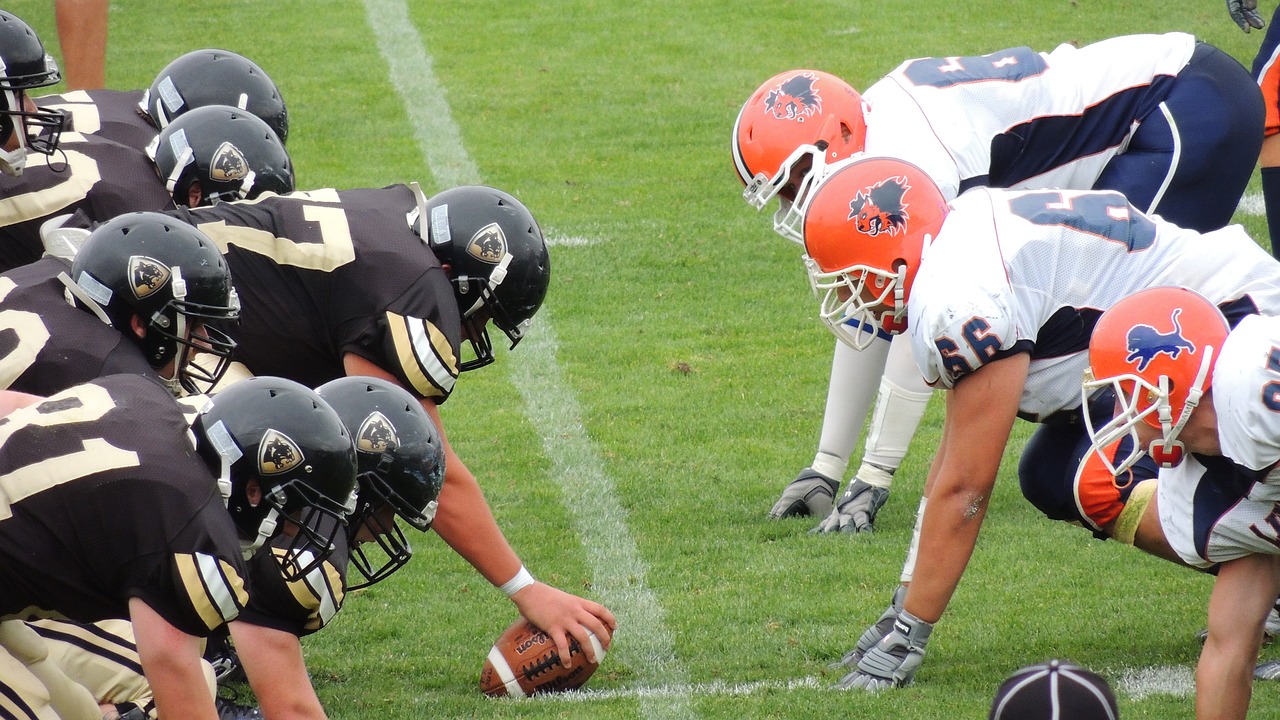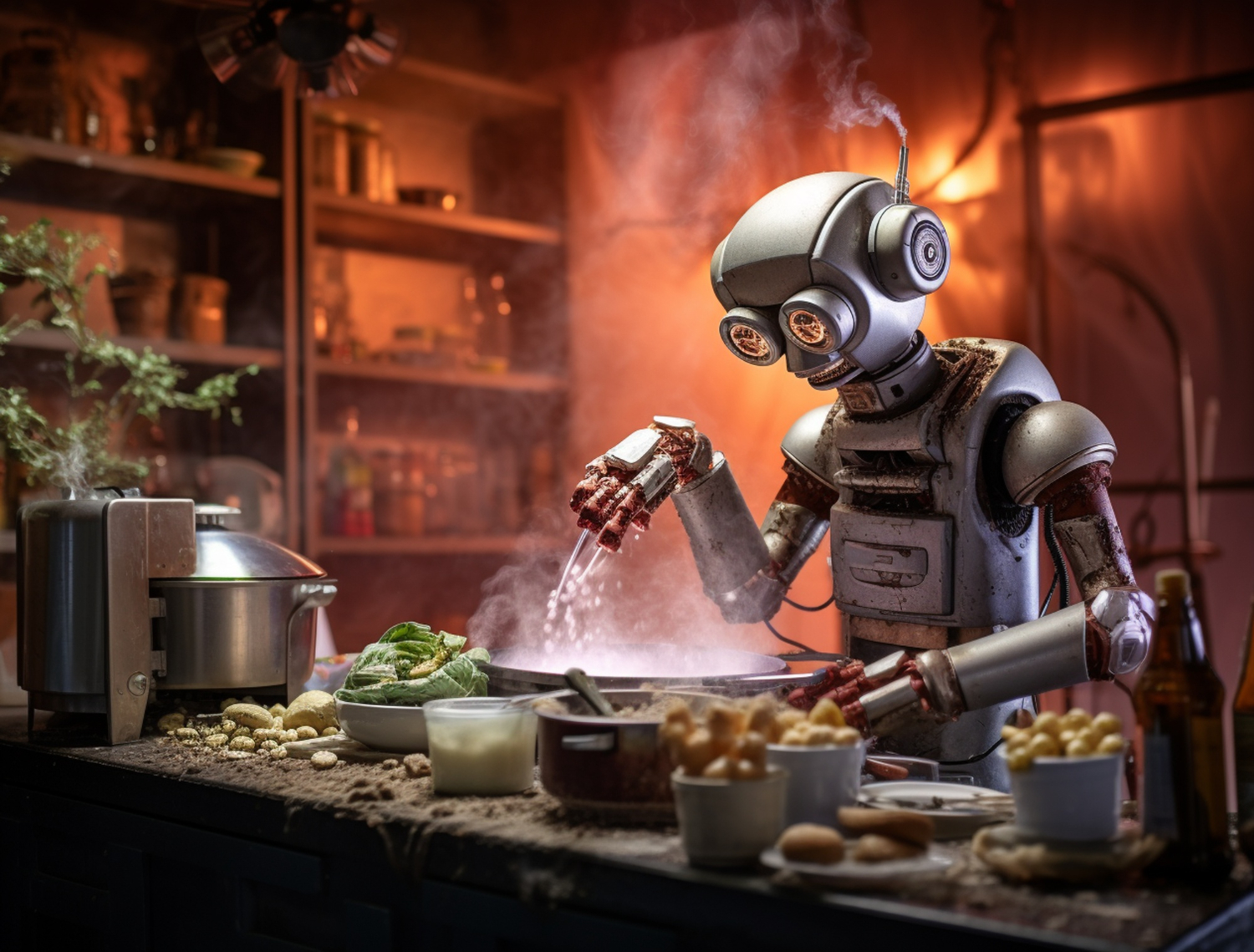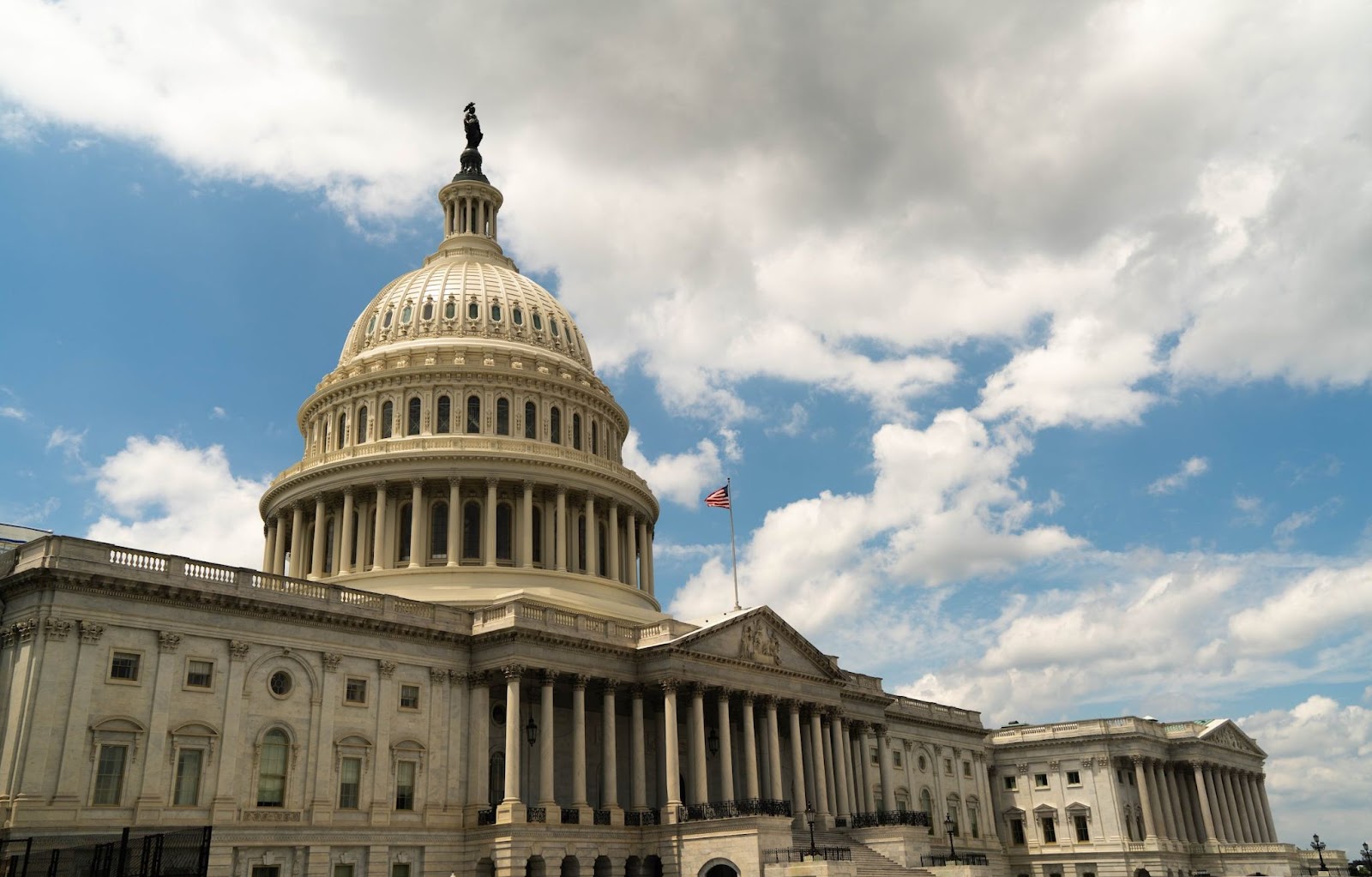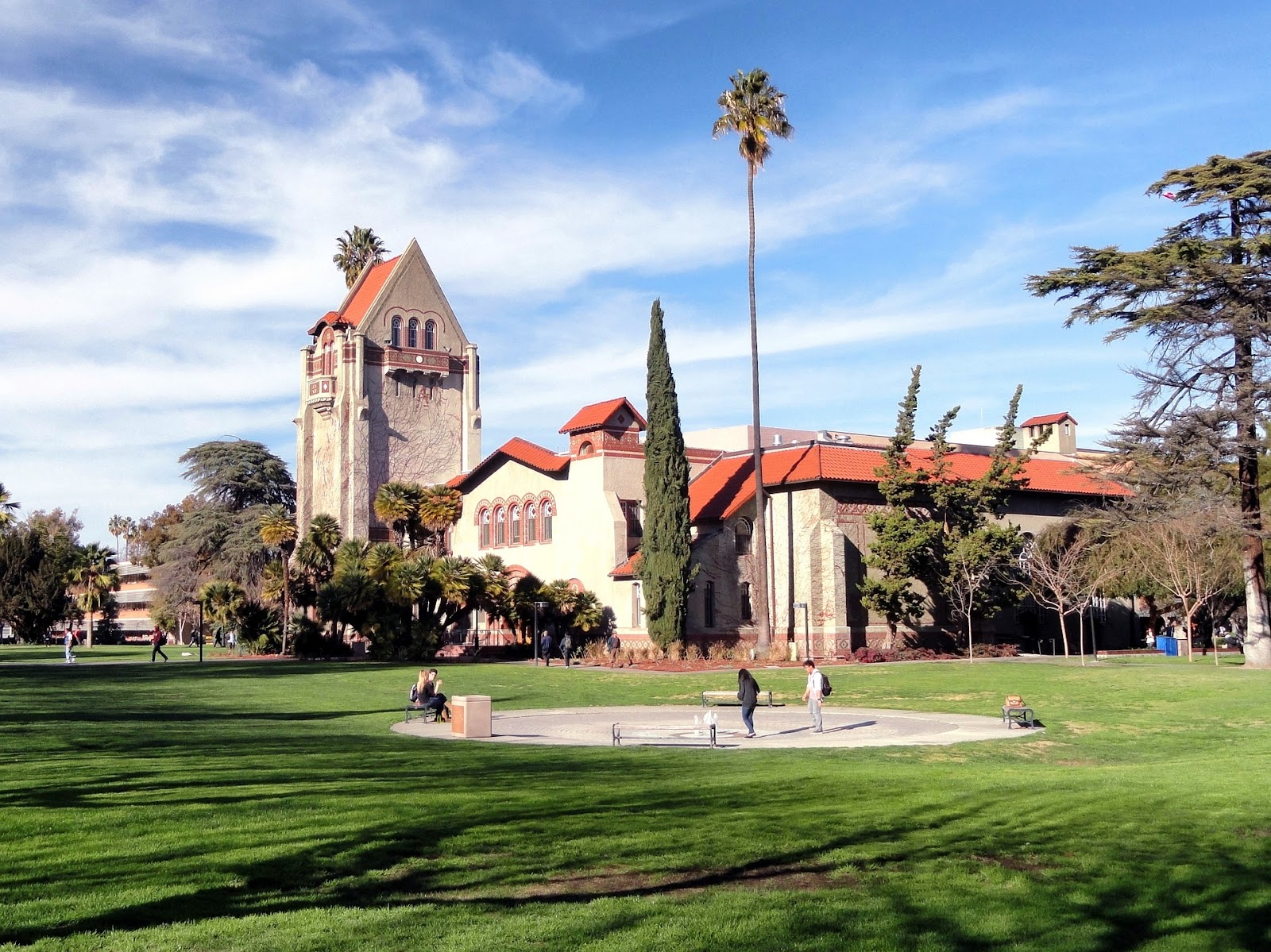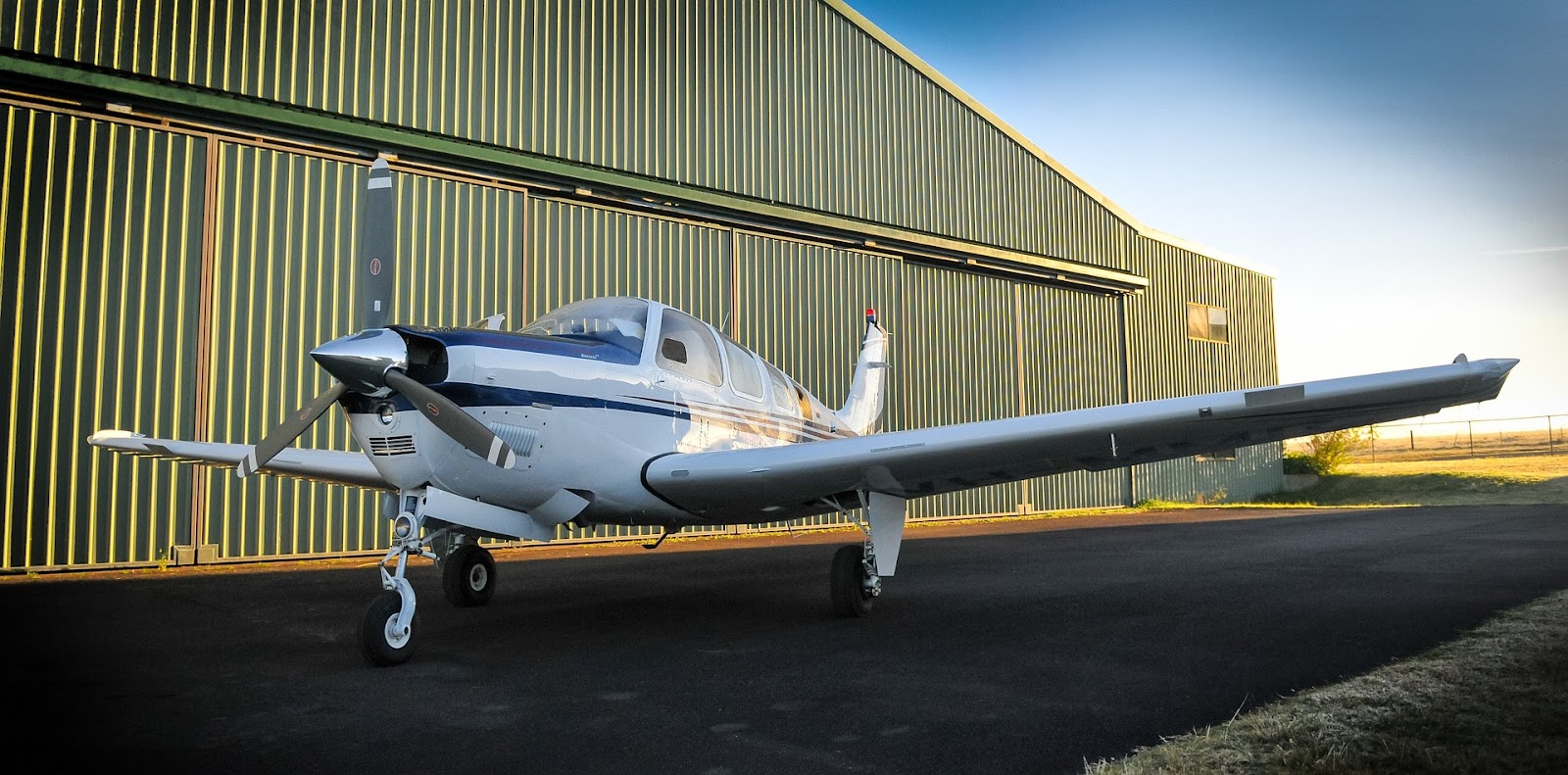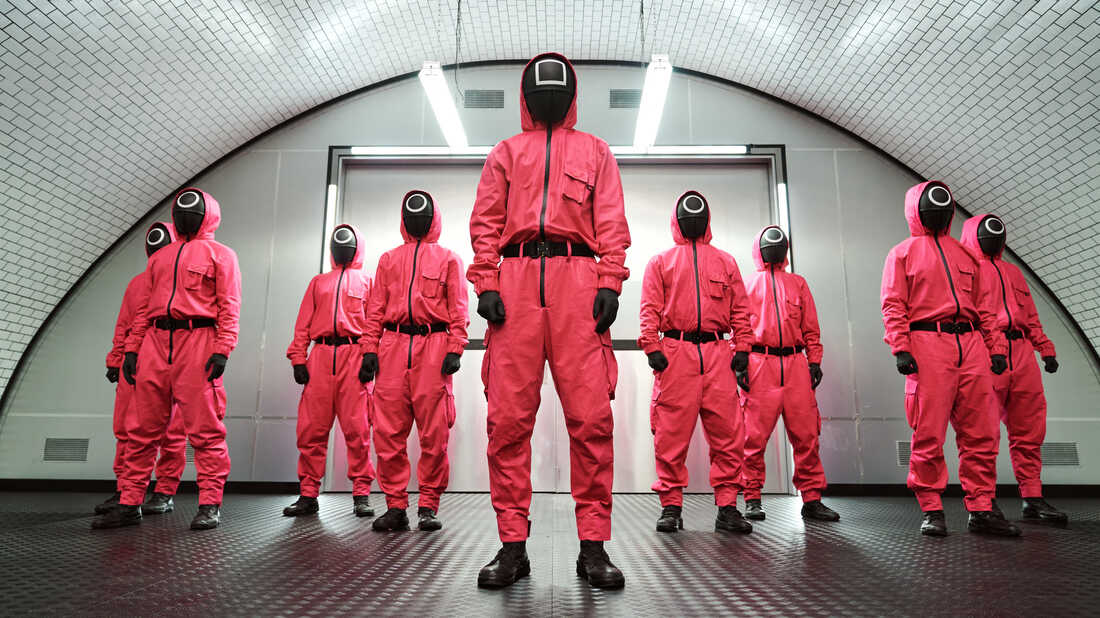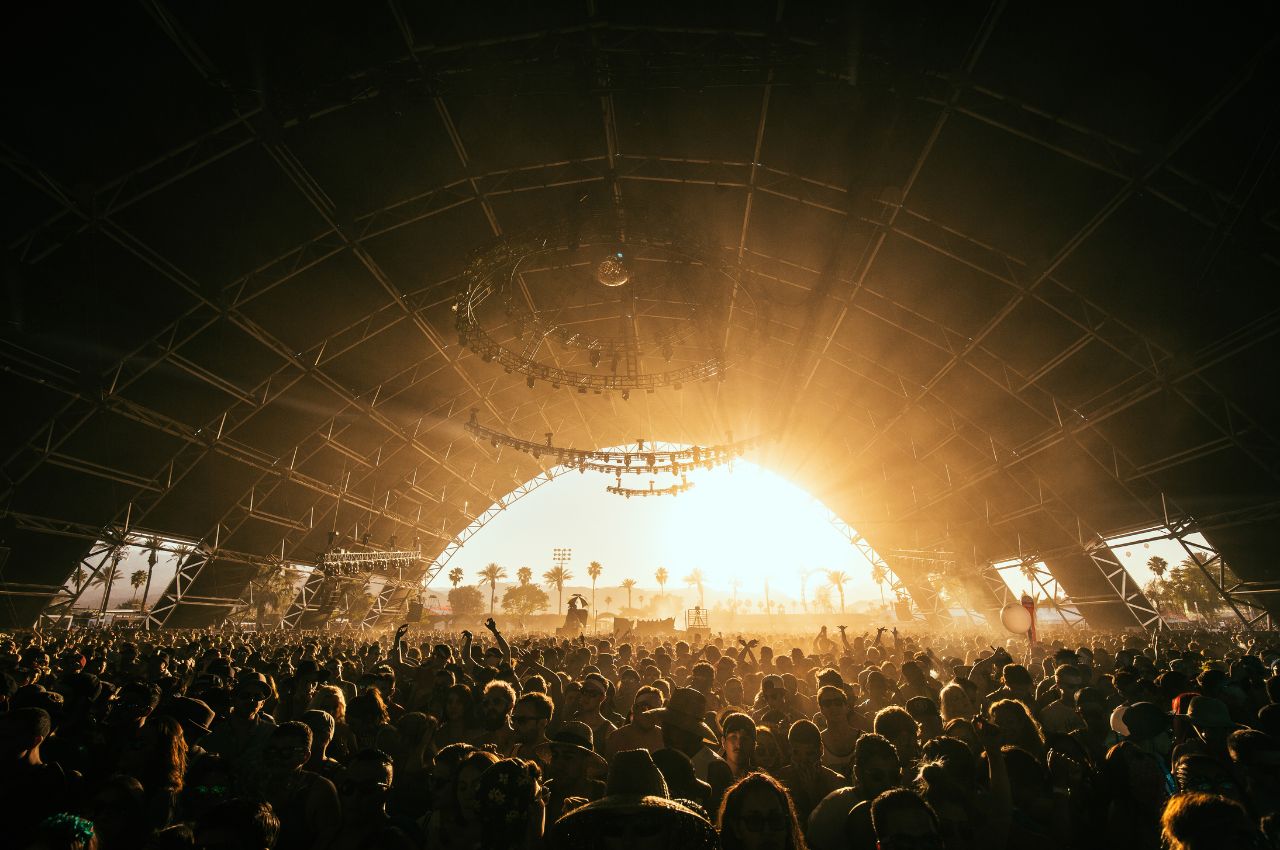The rise of artificial intelligence (AI) is reshaping numerous industries, including entertainment—a sector that has historically thrived on human creativity and ingenuity. However, a new study forecasts significant upheaval within the world of film, TV, music, and gaming. It predicts that approximately 62,000 entertainment jobs in California and 204,000 nationwide will be disrupted over the next three years due to AI integration.
Entertainment Industry Faces Job Disruption Due to AI
This revelation comes from a report published by CVL Economics, commissioned by various industry stakeholders, including the Animation Guild and the Concept Art Association. The study, which reflects insights from 300 entertainment industry leaders, highlights the potential for AI to consolidate, replace, or eliminate a wide array of job functions across the entertainment landscape.
The consulting firm’s research underscores a broad concern among industry professionals about AI’s impact on employment, particularly in light of recent challenges such as the COVID-19 pandemic, streaming wars, labor disputes, and corporate mergers. The apprehension is not unwarranted. The industry is at a juncture where the introduction of AI technologies could further exacerbate existing vulnerabilities.
Concerns Grow Over AI’s Impact on Creative Professions
Despite last year’s labor strikes in Hollywood, which led to new contracts incorporating limitations and protections against the use of AI, there remains a palpable tension regarding the technology’s role in the industry. Notably, the study reveals a differentiation in concern levels, with less worry for writers and actors—thanks to recent contractual gains—and more for other crafts. This distinction signals an evolving landscape where certain professions may be more susceptible to technological disruption.
The specific roles identified as most at risk include 3D modelers, sound editors, re-recording mixers, broadcast technicians, and various design and development positions within film, TV, and gaming. These findings suggest a significant shift toward automation in tasks such as character and environment design, voice generation, compositing, and even script writing.
Nicole Hendrix, co-founder of the Concept Art Association, expressed alarm at the study’s implications, particularly the vulnerability of roles such as 3D modeling—a domain previously perceived as relatively secure from AI displacement. This sentiment is echoed by industry leaders who foresee AI not only streamlining production processes but also potentially sidelining human talent in favor of cost-effective, machine-generated alternatives.
Moreover, the report highlights a stark reality for entry-level positions, suggesting a disproportionate impact on industry newcomers. The potential for AI to consolidate or eliminate these roles raises concerns about the future pathway for aspiring professionals, with Hendrix noting the detrimental effect on the industry’s ecosystem.
While AI’s ascendancy in entertainment is undeniable, with 72% of companies surveyed identifying as early adopters, there remains a complex debate around its implementation. On the one hand, AI promises to revolutionize production techniques and foster new creative possibilities; on the other, it poses a threat to traditional employment and the nurturing of emerging talent.
The Animation Guild, represented by Executive Board Member Brandon Jarratt, emphasizes the dual nature of AI as both a tool for innovation and a potential pitfall for workforce stability. Jarratt advocates for a balanced approach, leveraging AI to enhance artistic endeavors while safeguarding jobs against undue disruption.
While AI undoubtedly offers potential for advancement and efficiency, the industry must also consider the human cost, ensuring that technological progress does not come at the expense of the creative and professional communities it relies upon.




























































































